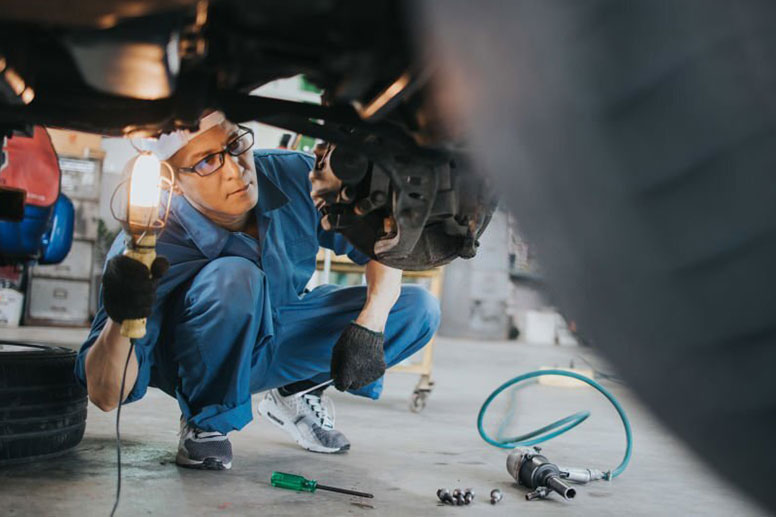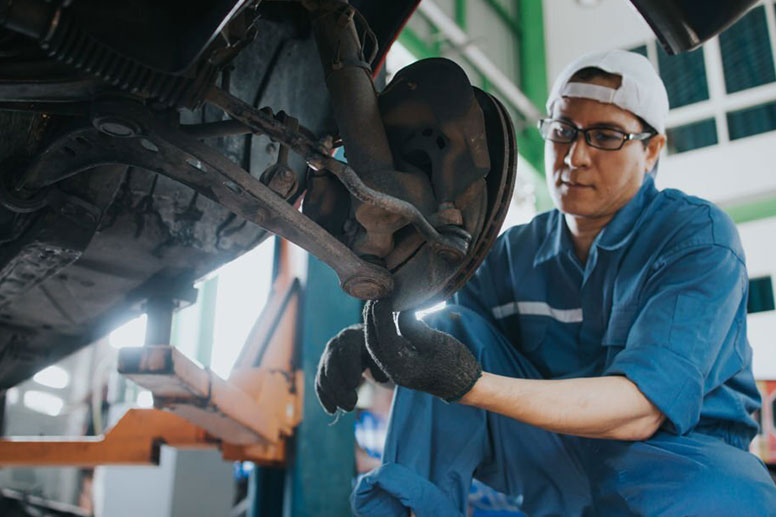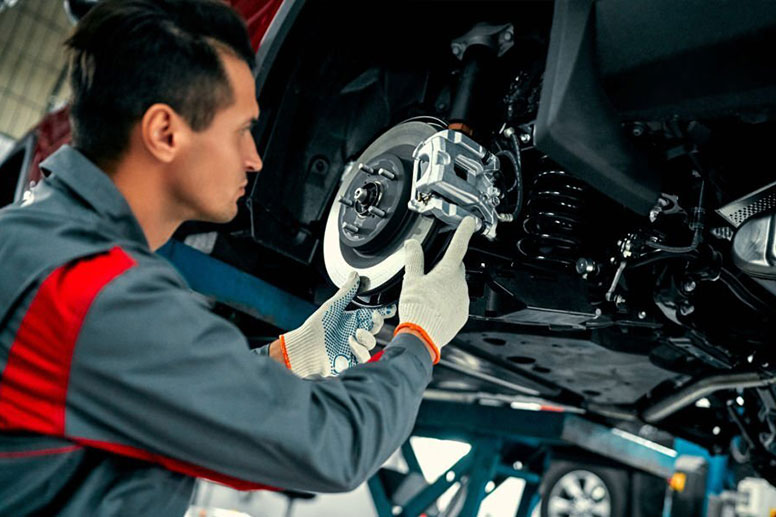Have you ever wondered why your car brakes squeal when you reverse when the temperature outdoors is cold? Depending on the scenario, it can be a bit startling, not to mention embarrassing. The sound of the brakes can make it sound like you’re having issues with your car, or worse, as some inconsiderate act. Let’s find out what is behind this peculiar symptom of your car when the weather dips.
Table of Contents
Causes for Brakes Squealing in Reverse When Cold

Aging Patchings:
- The brake seal can age and get into wrapping condition due to the weather on specific vehicle models.
- When this happens, brake fluid can enter the area between the shaft and seal, which can cause brakes to squeal when cold.
- Aging can be especially true if the seal has been in service for a long period of time.
Debris in Drum Brakes:
- Another possible cause for brake squeaking is when cold debris accumulates in drum brakes.
- Debris can make its way into the brake area and cause a metallic or screeching sound when the brakes are engaging.
- It often happens to parts worn out during everyday use or created by dirt, grime, or rust buildup.
Aging Brake Linings:
- Aging brake linings can cause noisy squeals when the brakes are applied, especially when cold.
- The brake linings are a combination between the brake pads and the rotors.
- When the linings have excessive wear, it can cause a squeaking noise as the brake pads grab the rotors and apply pressure to slow the car down.
Moisture in Brake Pads:
- Moisture can accumulate inside the brake pads, especially if the seal could be better in the correct strength.
- When the brakes are cold, the humidity inside the places can freeze and create excess friction, resulting in a squeaking noise.

FAQs of Brakes Squeal in Reverse When Cold
Is a seal replacement effective in overcoming the issue?
- Replacing the seals is one possible fix for a brake squeal when in reverse and cold.
- Finding the proper seal for your car is essential to ensure it is on the ideal seal mark.
- Be sure to follow your car manufacturer’s instructions to avoid any further damage.
What are the benefits of cleaning the drum brake to fix the issue?
- Cleaning the drum brakes can remove and prevent any form of buildup and debris.
- Cleaning should be done frequently and also promptly.
- Using a cloth and brake cleaner can remove the excess dirt and grime and help prevent a brake squeal in reverse when cold.
What are the possible impacts of changing the brake linings?
- Changing the brake linings can help with a noisy squeal when the brakes are applied when cold.
- If the lining has excessive wear, replacing them with newer ones can reduce such noises.
- It is essential to source the exact pair of brake linings for your vehicle to ensure proper fitting and reduce noisy squeals.
Does replacing the brake pads reduce the annoying sound?
- Replacing the brake pads can also reduce a squealing noise when cold.
- Brake pads can become compromised from too much pressure or dirt, grime, and rust buildup.
- If so, replacing the pads can help reduce the squealing noise when applying the brakes in reverse.
Click here to view the visual story version of this Article
